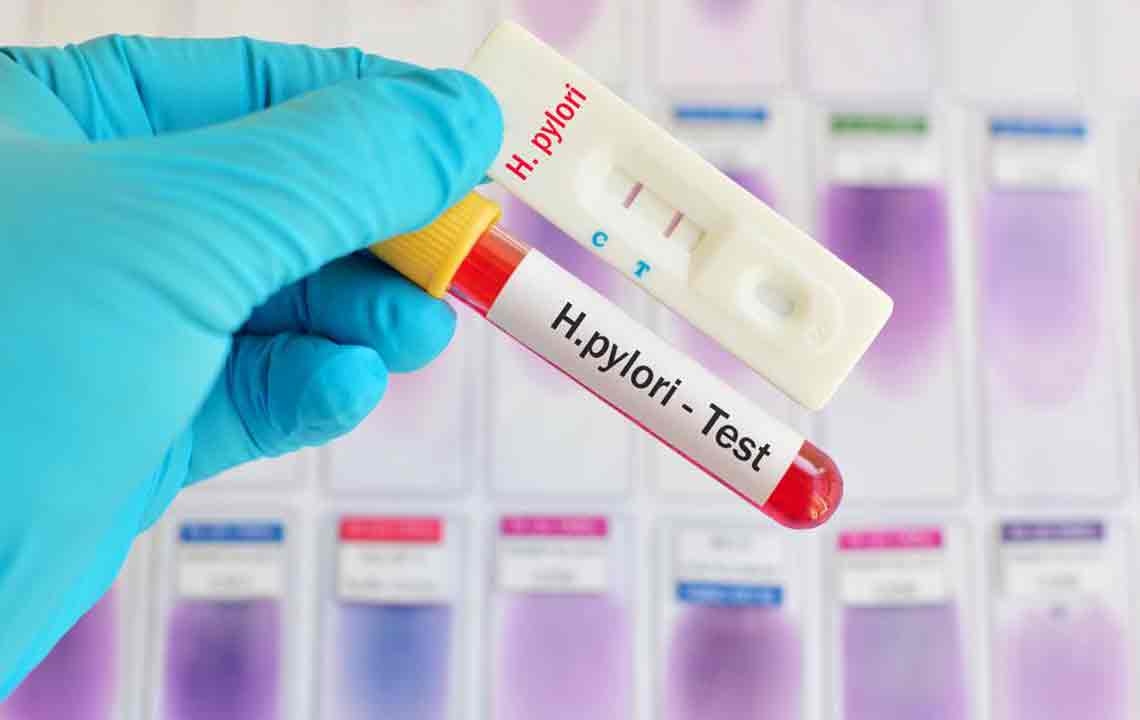Comprehensive Guide to Treating Helicobacter pylori Infection
Learn about the effective treatment options for Helicobacter pylori infection, including antibiotics, acid suppressants, diagnosis methods, and the importance of proper medical guidance for successful eradication and symptom management. Understand the significance of accurate testing and tailored therapy to prevent complications and promote stomach health.

Comprehensive Guide to Treating Helicobacter pylori Infection
Managing Helicobacter pylori involves a combination of at least two antibiotics simultaneously to prevent bacterial resistance. In addition, doctors often recommend acid-suppressing medications to promote healing of the stomach lining. Follow-up testing is usually advised after four to five weeks to ensure eradication. If the infection persists, a new treatment plan with different antibiotics may be necessary. Proper diagnosis and tailored therapy are essential for effective treatment.
There are various medications used in the treatment of Helicobacter pylori. It’s vital not to self-medicate to avoid complications.
Proton Pump Inhibitors (PPIs)
These drugs reduce stomach acid production. Common PPIs include Omeprazole, Esomeprazole, Lansoprazole, and Pantoprazole. They create a conducive environment for healing and enhance antibiotic effectiveness.
H-2 Blockers
These medications also lower acid secretion by blocking histamine receptors. Examples are Cimetidine (Tagamet) and Ranitidine (Zantac).
Bismuth-containing medications
Bismuth subsalicylate, such as Pepto-Bismol, helps shield the stomach lining and protect ulcer areas from acid exposure.
Accurate diagnosis is critical in managing Helicobacter pylori. Various tests are available to confirm the infection and guide treatment.
Blood Test
Detects antibodies indicating past or current infection, but stool and breath tests more accurately identify active infections.
Stool Antigen Test
Detects antigens related to the bacteria in stool samples. Patients should avoid antibiotics and suppressants for at least two weeks before testing for reliable results.
Urea Breath Test
Patients swallow a substance containing labeled carbon. If infected, the bacteria produce carbon dioxide detectable in the breath. Avoiding antibiotics and acid suppressants during the two weeks prior enhances test accuracy.
Endoscopy with Biopsy
An invasive procedure where a flexible tube equipped with a camera examines the upper digestive tract. Tissue samples are taken for testing. Although more invasive, it helps identify ulcers or other related digestive issues.
Most people infected with Helicobacter pylori show no symptoms initially. When symptoms appear, they include abdominal pain, nausea, bloating, loss of appetite, and weight loss. Infection often occurs in childhood, especially in crowded living environments with poor sanitation. Proper hygiene and living conditions play a significant role in prevention.
Note:
The information shared aims to educate readers about Helicobacter pylori. It’s essential to consult healthcare professionals for personalized diagnosis and treatment. This article offers general insights and should not replace professional medical advice. The website is not responsible for inaccuracies or outcomes resulting from treatment decisions based on this information.










